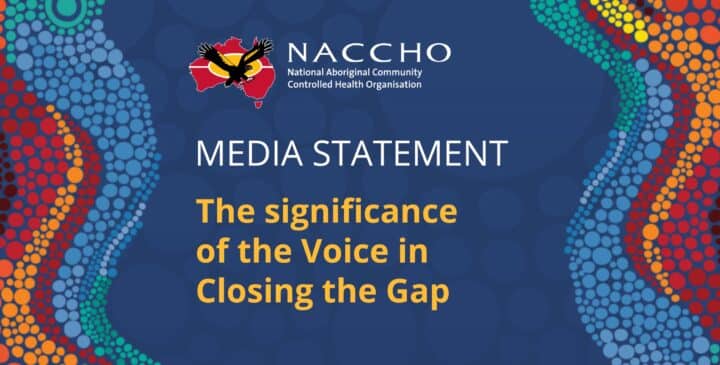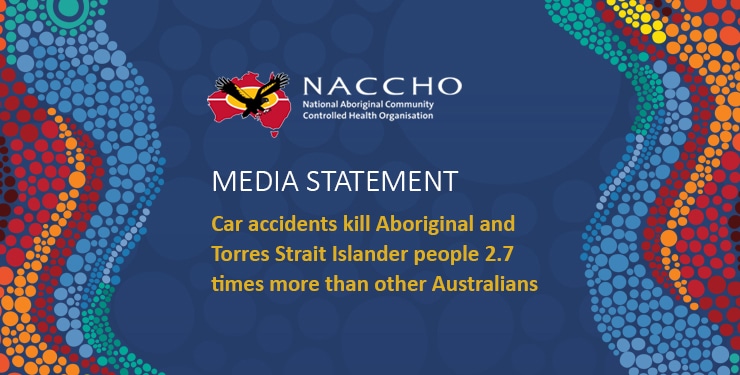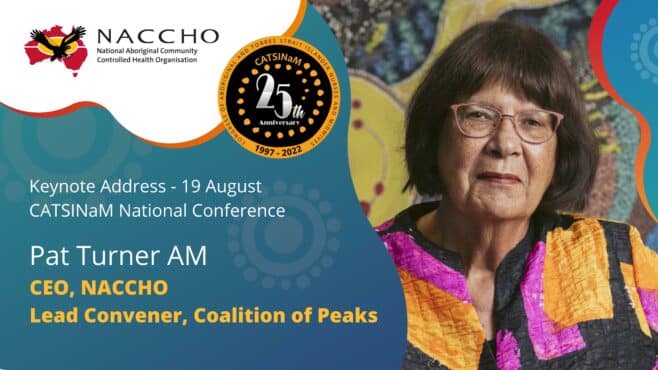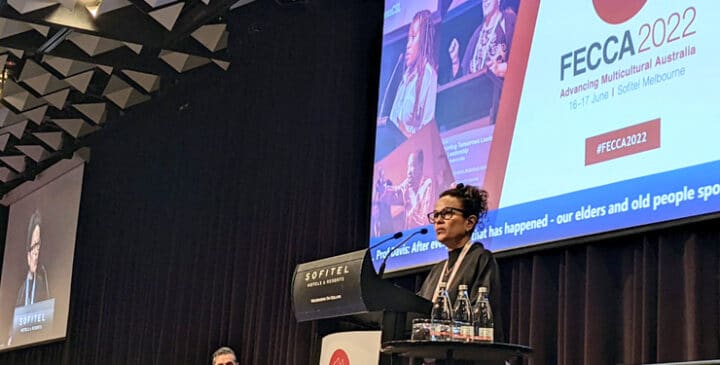

Car accidents kill Aboriginal and Torres Strait Islander people 2.7 times more than other Australians
In a 2021 submission to the Joint Select Committee on Road Safety, the National Aboriginal Community Controlled Health Organisation (NACCHO) found that Aboriginal and Torres Strait Islander people are 2.7 times more likely to die, and 1.4 times more likely to suffer serious injury because of a vehicle crash compared to other Australians.
Pat Turner, CEO of NACCHO says, ‘this year’s National Road Safety Week is an important reminder that significant and sustained action must be taken to improve road safety outcomes for Aboriginal and Torres Strait Islander people. The level of fatalities is unacceptable for our people. It is also unacceptable across the board for all Australians.’
In a 2021 policy submission, NACCHO outlines key recommendations for improving road safety outcomes for the Aboriginal and Torres Strait Islander community including, the need to fund Aboriginal Community Controlled Health Organisations (ACCHOs) and other community-controlled organisations to develop and deliver targeted road safety campaigns to their local communities, and to provide post-accident and trauma care, including training, medicines, and equipment.
Other recommendations include, subsidising public transport options for regional and remote communities to reduce the need for people to drive when it is unsafe to do so; developing and implementing road safety programs, including those that target prevention and early intervention; and, ensuring that any road enforcement policies do not disproportionately impact Aboriginal and Torres Strait Islander communities.
‘These recommendations must be addressed in genuine partnership with Aboriginal and Torres Strait Islander community-controlled organisations and local communities and made widely accessible,’ Pat Turner stated.
Donnella Mills, Chair of NACCHO further commented, ‘government must take immediate action to improve road safety outcomes and reduce fatalities and injuries for Aboriginal and Torres Strait Islander people in alignment with the National Agreement on Closing the Gap and the four Priority Reforms. These responses must be holistic and consider the social determinants of health.’
The policy submission can be accessed on the NACCHO website here.

